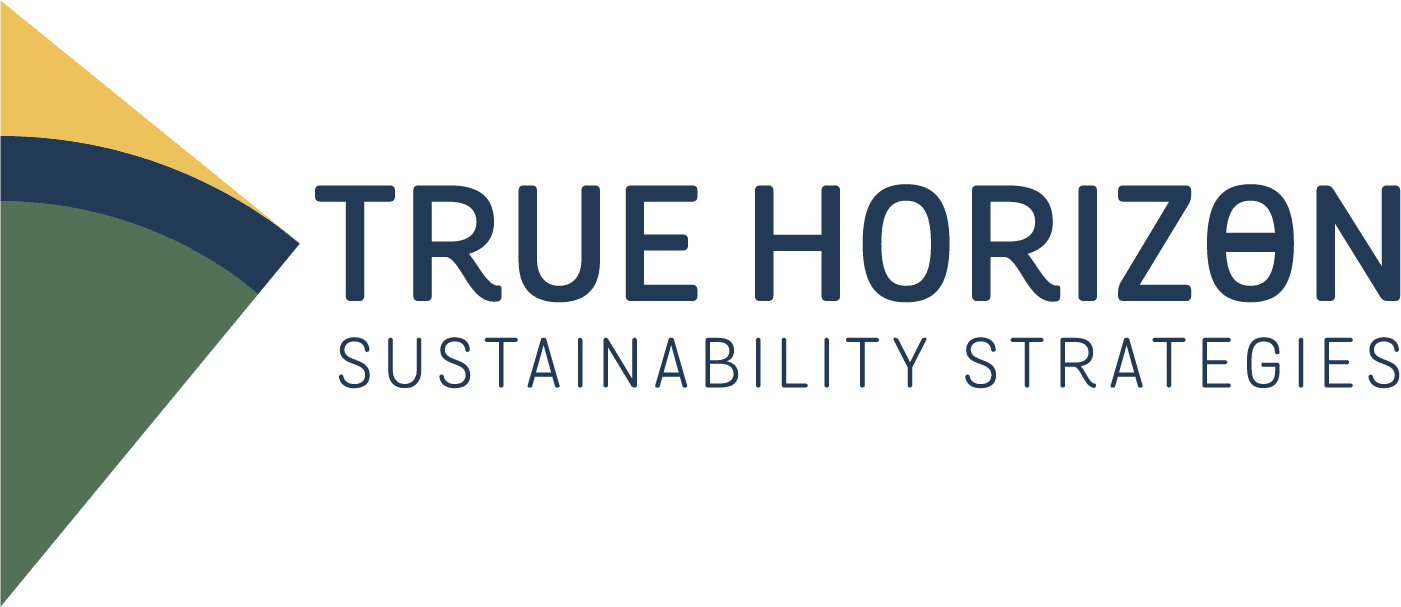
5 things to check before collaborating
The ethics of business collaboration
A slew of backlash, disappointed clients, and a tarnished reputation.
That’s not what we signed up for as honourable business owners, right?!
Time and time again, otherwise ethical businesses and entrepreneurs get burnt by partnerships with unethical or untrustworthy organisations – often unknowingly.
Increasingly, we expect more from the brands and businesses we support. It’s not enough to say that you’re sustainable, ethical or eco-friendly; it’s about backing up those words with actions.
This extends to the people and organisations that you partner or collaborate with, as this represents an endorsement of their business and values.
Recently, The Red Lion Inn pub in Bristol was labelled ‘Britain’s wokest bar’ by critics for refusing to sell Thatchers cider, Coke, Heineken, and Bacardi for ethical reasons.
Bosses stated that it would be ‘hypocritical’ to serve Thatchers, which is a member of a society with links to slave trader Edward Colston. They added that Coca-Cola, Heineken and Bacardi have also been accused of unethical practices in parts of the world.
Although some cynical critics lambasted the pub for being ‘performative’, The Red Lion Inn’s bosses insisted that the decision was an ‘ethical stance’ that aligned with their values.
It’s not just small businesses that are weighing up the reputational cost of a dodgy collaboration. This summer, the hit romantic reality series Love Island announced that it had severed its partnership with fast fashion sponsors such as Missguided and ISAWITFIRST. Instead, it would partner with eBay in a bid to promote sustainable, ‘pre-loved’ fashion.
The environmental and ethical implications of fast fashion are stark. Cheap clothes are bought and thrown away in rapid succession to meet an ever-changing trend cycle. Naturally, this has a detrimental impact on the environment and workers’ rights.
If such a mainstream show is taking a stand against fast fashion, could this mean that attitudes are changing for good? Let’s hope so.
Now, over to you.
Let’s say a golden opportunity has landed in your inbox.
Maybe it’s a panel talk invitation.
Maybe it’s a brand partnership.
Maybe it’s a press opportunity.
Whatever it is, it’s filled you with giddy excitement.
But before you enthusiastically agree, take a moment to carry out your due diligence.
Here are 5 things to check out before you collaborate.
Know them/of them for at least 6 months
You shouldn’t rush into a long-term business commitment if you don’t know much about the organisation/individual in question. You should vet them and understand their values before you commit. Ideally, you should be familiar with them already so you’re not blindly walking into the partnership/collaboration.
- Research what clients and customers are saying about them.
- Find testimonials and make sure they’re genuine.
- Be clear on what makes them qualified as a credible business partner.
The more you know, the better.
Who is their target audience?
One of the telltale signs of a poor partnership/collaboration is radically different target audiences.
Let’s say a journalist from a national newspaper has contacted you about a press feature. Before you fire over a quote and headshots, ask yourself:
- Where does this publication fall on the media bias chart?
- What’s the demographic of their readership?
- What moral and political stances does this publication uphold?
- How do they differ from my values?
- Do they care about the issues that my business promotes, or are they likely to paint me in a negative light?
Some argue that all PR is good PR but you can spare yourself a lot of stress and negativity if you land coverage in a publication that aligns with your values.
Research
What would we do without Google, eh?
When weighing up a potential partnership or collaboration, it’s important to move past the shiny marketing material. You’ve got to think like an investigative journalist and dig for those juicy tidbits of information.
- Tap in their name/business name on the “news” section of Google and see if they’ve had any negative press coverage.
- Check websites like Glassdoor to see what current and former employees have to say about working at their organisation. If they have a poor overall rating, run a mile.
- Look for sustainability/diversity and inclusion statements on their website and ask them what practical steps they’ve taken to stick to these pledges.
- Research who their clients and collaborators are. Can you see a common thread emerging? Does it sit right with you?
You’d be surprised at how much you can find out with a simple one-hour Googling session.
What are their motivations for the partnership/collaboration?
Before you agree to anything, you should ask potential partners about their motivations and values.
- Why are they interested in this venture?
- Why did they reach out to you?
- How do they see you dividing ownership/duties?
- What are their overarching professional goals?
The most legitimate potential partners/collaborators will have willingly shared this information as part of their initial pitch. No worthwhile business connection will be reluctant or evasive about answering these questions.
Trust your gut.
If you’ve got a niggling gut feeling that something’s off: listen to it. If something isn’t sitting well with you, you’re probably right. Don’t rush into making a decision and consult your colleagues or trusted business connections for a second opinion, if you need to.
Sometimes, the best decision is no decision. Take your time.
Was this handy? Share this with a business owner you know so they can vet their partnerships and collaborations with confidence.
